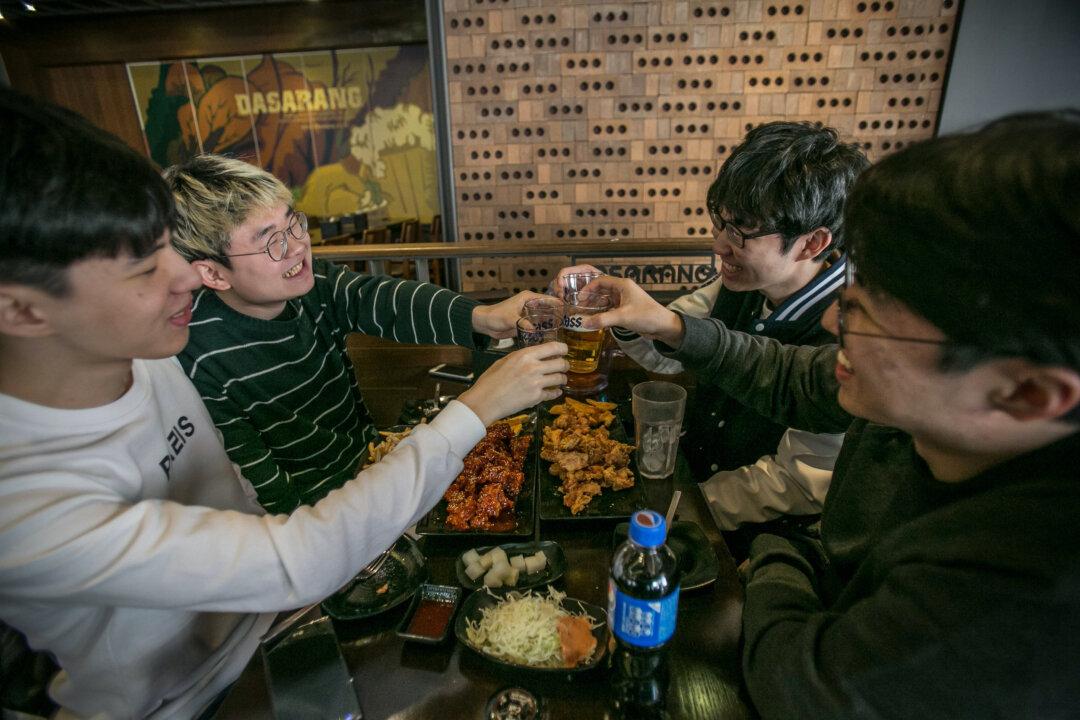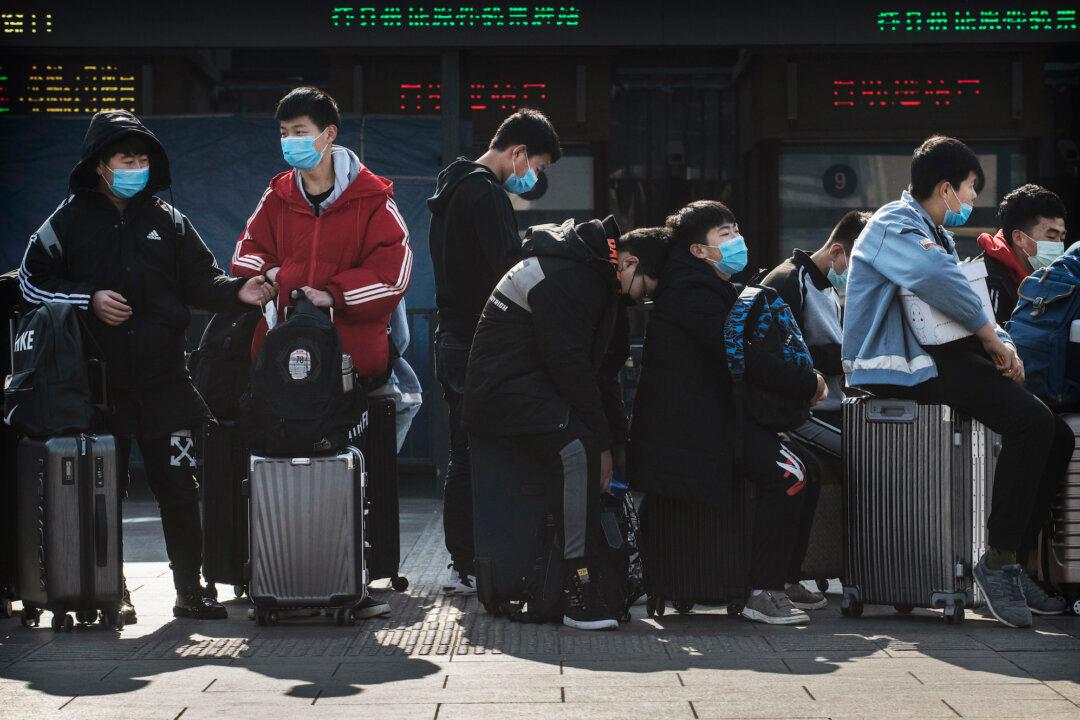A South Korean social media influencer recently came under fire for endorsing messages that Chinese netizens perceived as insulting to China mostly due to a mistranslation and was ultimately dropped from her Chinese management agency.
Hamzy, a South Korean internet content creator who hosts mukbang, also known as an eating show where people stream themselves eating large quantities of food, has a YouTube channel with over five million subscribers and videos each generating several millions of views.




